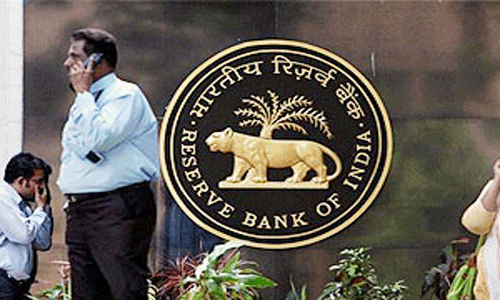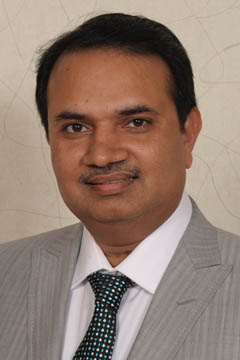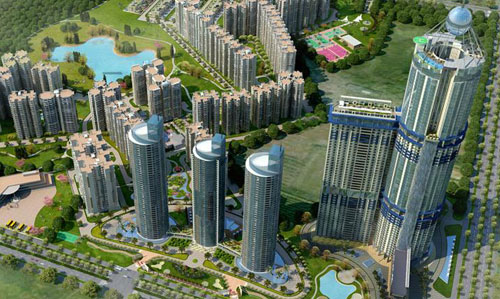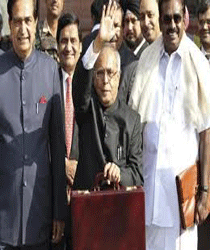
Disconnect in policy & practice of real estate
Track2Realty Roundtable-III Venue—India Habitat Centre Moderator—Ravi Sinha, CEO & Managing…

Track2Realty Roundtable-III Venue—India Habitat Centre Moderator—Ravi Sinha, CEO & Managing…

When the Reserve Bank of India (RBI) was to announce its annual monetary policy for 2012-13 on 17th April, there were widespread concerns of slowing economy, rising inflation, trade deficit of 4 per cent of GDP and drying FDI too emerging as a grace concerns

The demand fundamentals of the India story are now focused around all cities that have sufficient economic activity, be it industrial, service sector-driven or incentive-driven programs by the State Government. In Gujarat, which has seen considerable industrial progress, the key cities of Ahmedabad, Surat and Vadodara come readily to mind.

Just over a decade ago nobody would have even thought about the redevelopment. What then changed in the last two decades? Well, almost about everything changed as far as vision about the urban infrastructure and living is concerned.

The most popular way of planning a trip earlier was to visit a travel agency to get your itinerary made. Besides direct hotel reservations, the Central Reservation Systems (CRS) and Global Distribution Systems (GDS) thus served as the primary channels of sales for hotel room nights.

Land is scarce and the only way in urbanisation is to go up where more FSI/FAR would mean increasing the supply and bringing the price down, goes an old philosophy of the Indian developers. In reality, nearly all the high rises across the Indian cities are high-end luxury projects and seem to fulfil the aspirational needs of the Richie Rich.

Launching its multi-pronged strategy to focus attention on the real estate industry’s unending series of problems, CREDAI (Confederation of Real Estate Developers’ Associations of India) has decided to send an ‘SOS’ to the Prime Minister and planned for a nationwide developers strike to sensitize the policy makers.

India’s growth story has many facets; one of the integral parts of growth – and arguably the most important one – is urbanization. In fast-growing economies, cities are significant investment and employment generators, which in turn carry the growth momentum forward. The sustainability and livability of any city depends largely on the quality of its infrastructure and real estate stocks. Needless to say, cities also require large sums of money to create urban asset stocks, including buildings and infrastructure.

The emergence of the secondary and tertiary cities led to an aggressive increase in hotel development and provided avenues for expansion of hotel brands, which were previously dependent on new opportunities in just the five main cities.

It is a highly disappointing budget. The Finance Minister has miserably failed in highlighting the importance the role of Housing in economy, employment generation, apart from the very need of housing. The announcements on ECB for affordable housing is a minor respite but still meaningless.
